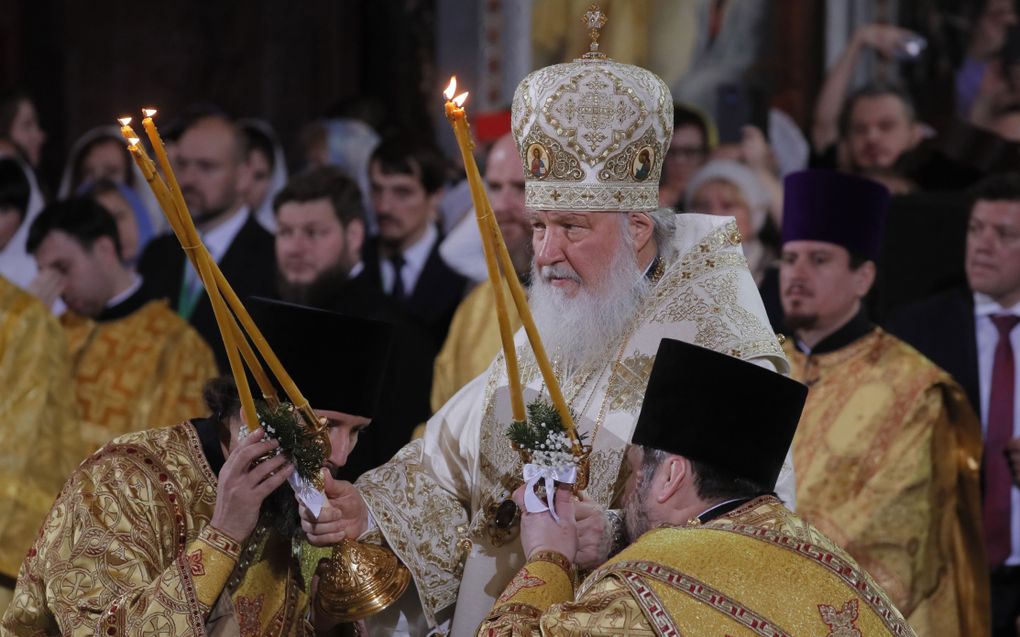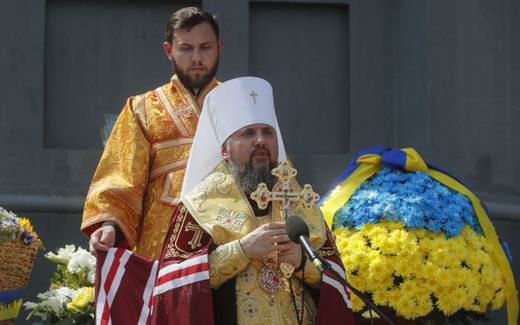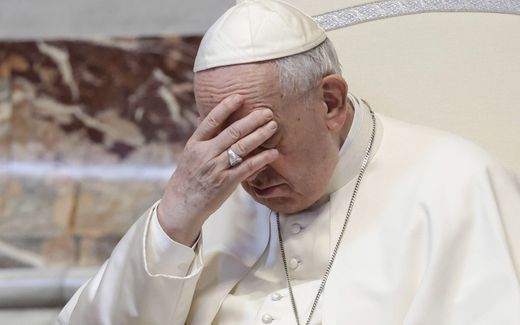Most Russians trust the Orthodox Church and Kirill

Photo EPA, Yuri Kochetkov
Eastern Europe
Amid the war in Ukraine, two-thirds of Russians, 66 per cent, trust the Russian Orthodox Church. This is the result of a recent poll. Just more than half, 54 per cent, trust the head of the Russian Church, patriarch Kirill.
According to the Public Opinion Foundation (FOM), almost every second Russian, 45 per cent, believes that the Russian Orthodox Church has a positive influence on public life in the country. It seems that older generations think this more often: 58 per cent of respondents aged over 60 think so. According to the Russian news website Pravmir, these results come from the Russian population as a whole, regardless of one's faith.
In terms of religion, nearly two-thirds of Russians, 63 per cent, identify themselves as Orthodox. The share of Orthodox Russians reaches 70 per cent of the surveyed population older than 60. In the age group 18 to 30, 51 per cent of the questioned people identify themselves as Orthodox.
The Russian press agency Interfax reports that 8 per cent of Russian residents are Muslim. In comparison, the total number of Catholics and Protestants amounts to 2 per cent. In total, 23 per cent of respondents identify themselves as atheists.
In addition, according to the survey, 35 per cent of Russians believe that the Russian Church does not influence Russian politics. On the other hand, 14 per cent believes the influence of the Church is strong.
The Public Opinion Foundation conducted the poll between April 8th and 10th. In total, 1.500 respondents over eighteen years old were questioned in 104 Russian settlements in 53 regions.
By law, Russia is a secular state without a state religion. The 1997 Law on Freedom of Conscience and Religious Associations declares all religions equal before the law and prohibits government interference in religion. However, the Russian Orthodox Church acts as the de facto privileged religion of the state, claiming the right to decide which other religions or denominations are to be granted the right of registration.
Related Articles






